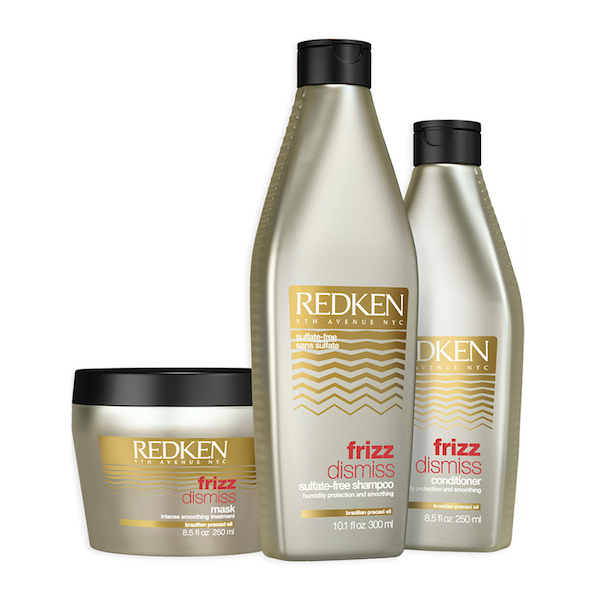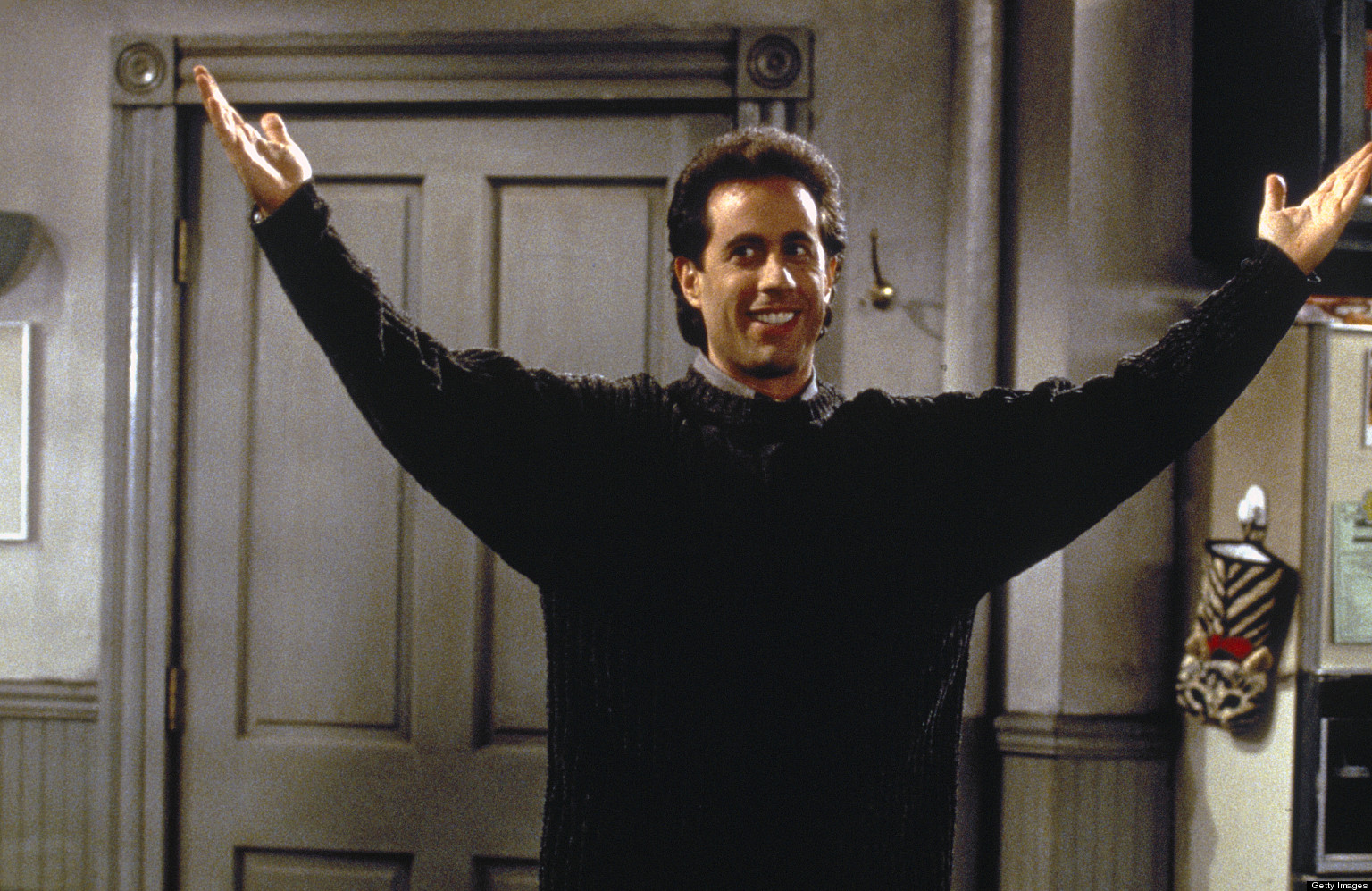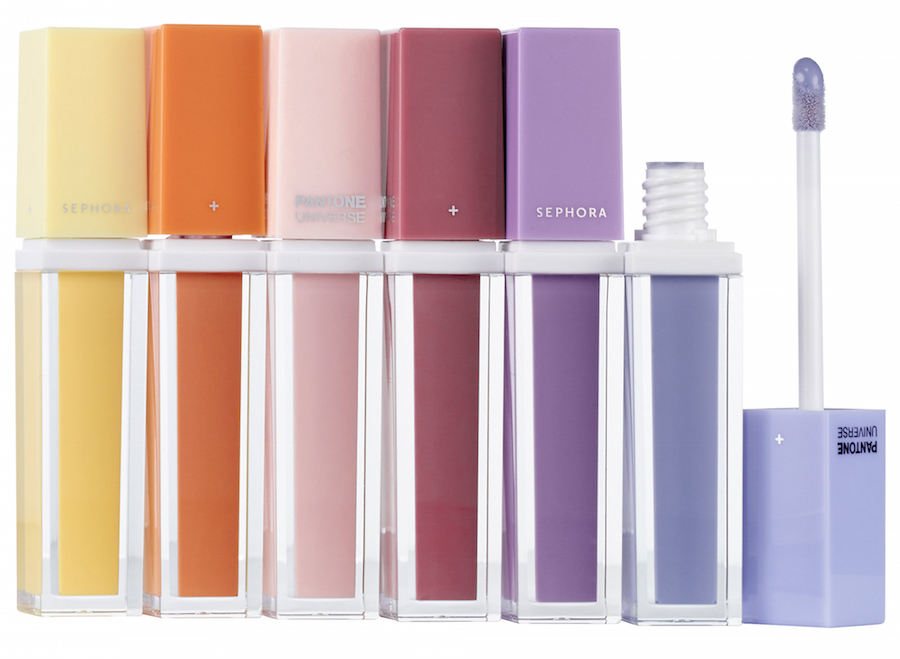Coles and Woollies have pledged to remove microbeads from shelves
Can we get a hell yeah?
You guys know microbeads, right? Those mini, plastic, exfoliating beads used in cheap skincare products to leave your face as smooth as a baby’s butt? The ones which are washed down drains and pollute our oceans and kill our wildlife?
Yep, those.
For a long while now, the movement to boycott and legislate against the use of microbeads in skin and other personal care products has been gaining momentum.
Many countries have already banned the production and sale of microbeads and there has been talk of similar legislation here.
And now we have a major breakthrough. As of yesterday, Coles and Woolworths have pledged to remove products containing plastic microbeads from their shelves.
Can we get a hell yeah?
It’s a long term project, with the full phase out to be completed by 2017, but it’s still great news. According to Environment Minister Greg Hunt, it’s just one step among many.
“I have to confess, it’s one of those issues which emerged later than it should have,” Mr Hunt said.
“We want to work with industry to do this. Already Coles and Woolworths have responded and committed to banning microbeads from their shelves by the end of 2017.
“But we want to see a full national phase out.”
Manufacturers such as Unilever, Johnson & Johnson and The Body Shop have been working to find alternative materials to use in their products. Natural alternatives such as apricot kernels and walnut shells can be used in place of the harmful plastic beads.
According to the ABC, scientists estimate there are about 300,000 microbeads in an average bottle of face scrub. This will usually be labelled as polyethylene in the product ingredients or HDPE (high-density polyethylene).









